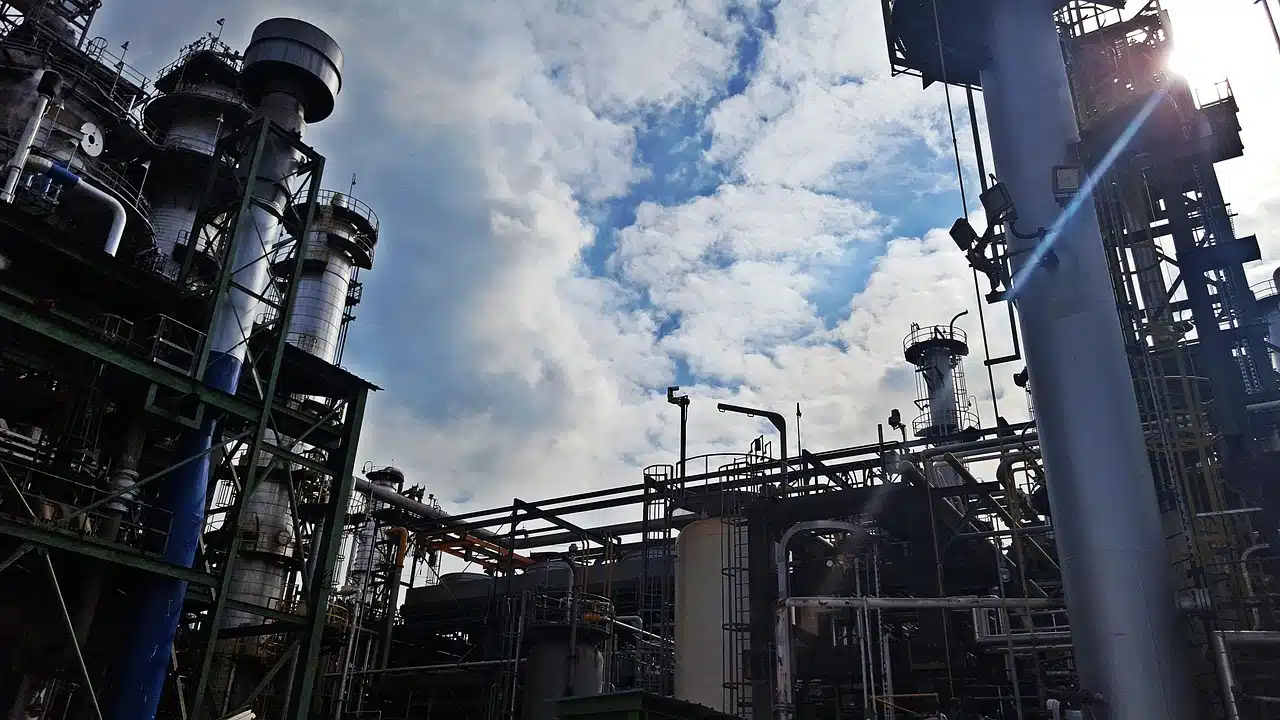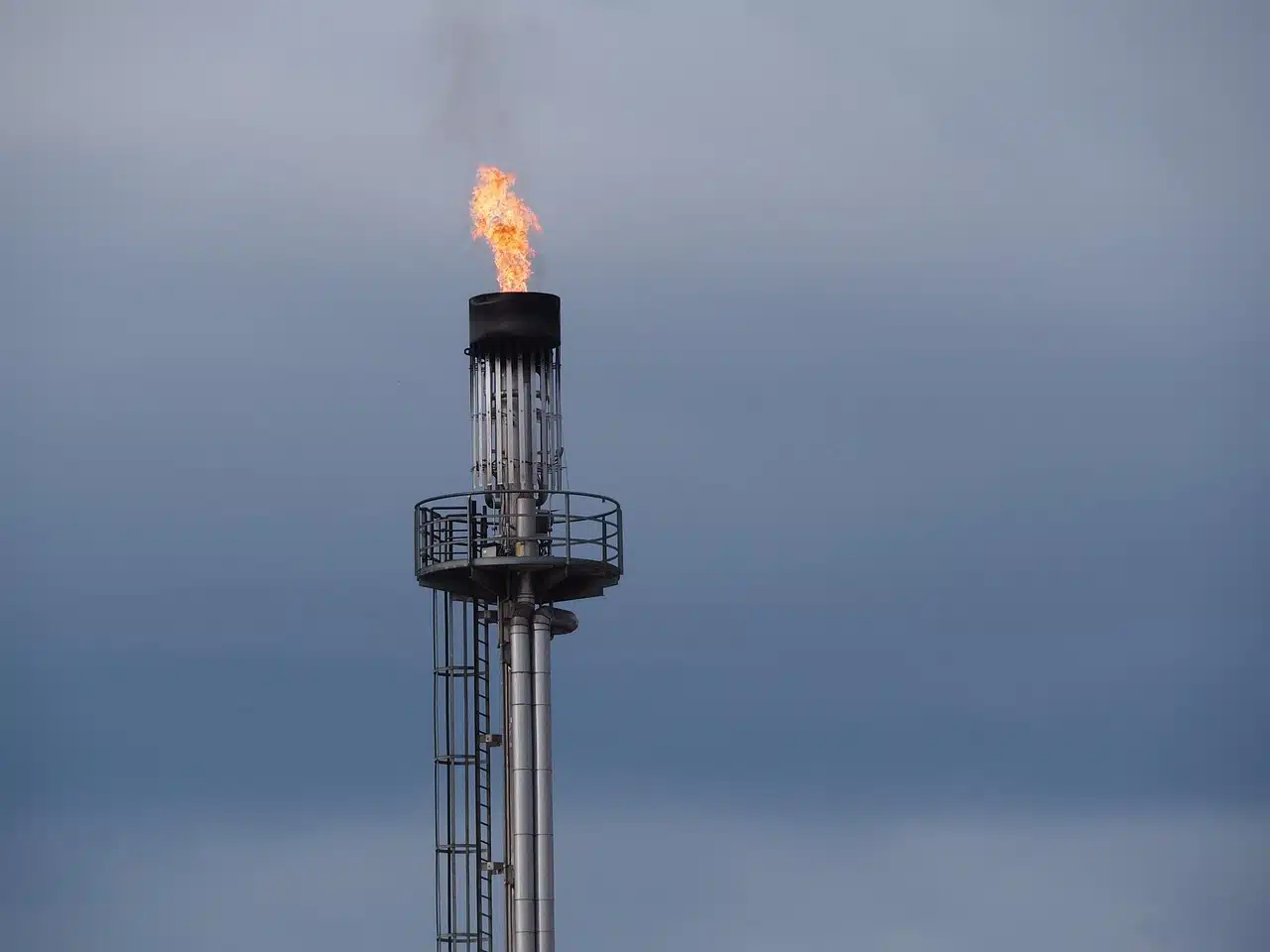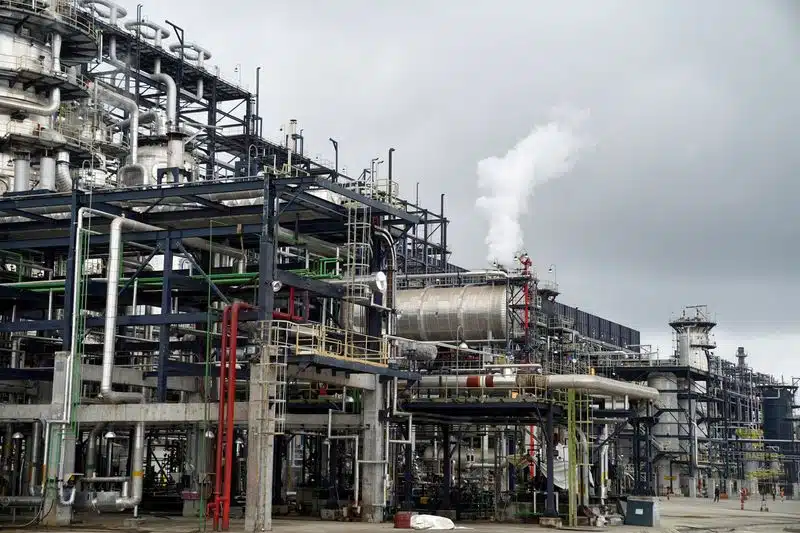Oil producing nations in Central Africa are likely to receive less than $500 million from foreign exchange reserves tied to environmental restoration funds, significantly lower than the billions of dollars expected, oil industry sources familiar with matter informed Reuters.
The six nations Cameroon, Gabon, Chad, Equatorial Guinea, Central African Republic, and Republic of Congo had anticipated a major injection of hard currency into the regional Central Bank, BEAC, by April 30.
But companies say regulatory confusion, stalled negotiations, and disputes over the legal treatment of the funds are threatening that plan.
The funds in question stem from oil site rehabilitation requirements introduced in 2018 by the Bank of Central African States (BEAC).
Under the rules, oil firms operating in the region are required to deposit money into environmental escrow accounts to cover the cost of restoring drilling sites once production ends.
The idea was that by centralising these funds in BEAC controlled accounts, the region could boost its foreign reserves and support its fragile economies.
But oil firms argue that under International Monetary Fund (IMF) standards, the funds cannot be counted as gross or net reserves, since they are ring fenced for specific environmental purposes.
One senior oil official involved in the discussions said some projects haven’t made any deposits because they are still in early development stages.
Others have made staggered contributions, tied to the pace of operations winding down. “Governments seem to have overestimated the actual inflows they would get,” the official said.
Another industry source said the amount likely to be deposited before the deadline is closer to $350 million or $400 million.
“According to our estimates, the value might be less than $500 million at the beginning of May, maybe rising to $1 billion over the next decade,” the source noted.
These figures fall far short of the CEMAC states’ expectations.
Gabon, for instance, had projected the Oil Site Rehabilitation Fund could bring in between 3 to 6 trillion CFA francs, or roughly $5 billion to $10 billion.
Companies hesitation amid legal uncertainties
Foreign oil firms operating in the region include Kosmos Energy, Chevron, Vaalco Energy, TotalEnergies, and Perenco.
While most declined to comment due to the sensitive nature of the negotiations, privately held French operator Perenco said earlier this month that it was in talks with BEAC and regional governments and already complying with relevant regulations.
The impasse has been complicated by BEAC’s refusal to waive its sovereign immunity of execution.
That means companies cannot enforce court judgments against the bank, which has raised red flags for foreign investors worried about legal protections for their funds.
“This is one of the biggest sticking points,” a source said.
The ongoing standoff has also caught attention abroad.
In March, two Republican lawmakers in the United States introduced a bill criticising BEAC’s position and warned that it could affect IMF support for the region.
The IMF, one of the region’s key lenders, said it was monitoring the situation and plans to visit the six countries after its spring meetings in Washington.
According to a March report by S&P Global Insights, Central Africa could lose up to $45 billion in oil investments by 2050 a 54% decline from the current baseline if the FX rule is enforced without resolution.
A fourth industry official said their company had put new investments on hold until the legal and regulatory uncertainties are resolved. “No one wants to make long term commitments when the rules could change overnight,” the person said.
Despite some efforts to find common ground, oil firms and regional authorities remain deadlocked. If no agreement is reached by April 30, affected companies may face immediate penalties starting May 1.
As the deadline approaches, the possibility of unlocking the expected windfall appears increasingly remote.
For a region already grappling with economic instability, this latest breakdown underscores the challenges of managing shared resources and foreign policy in a complex investment landscape.










